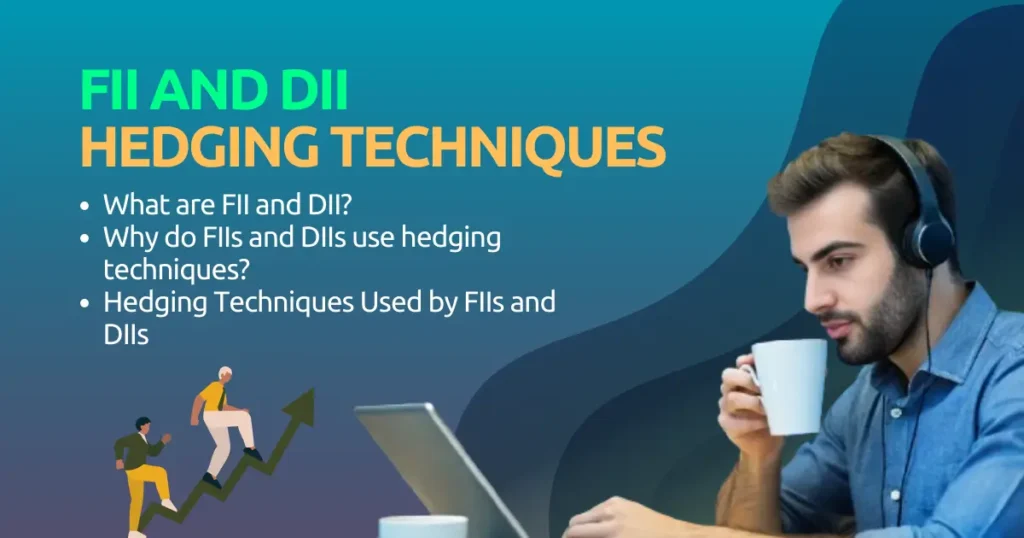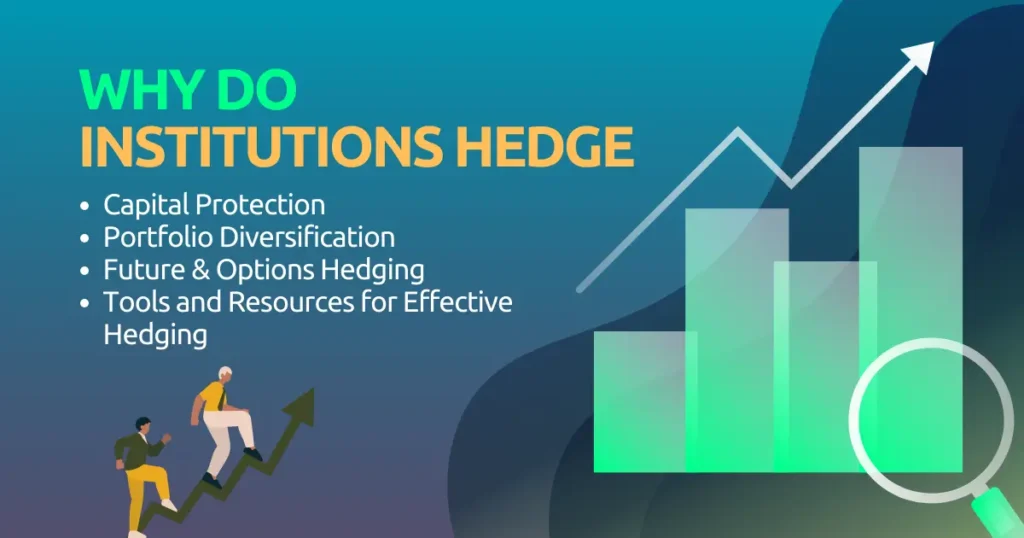
Table of Contents
Artificial Intelligence in Indian Stock Trading: Unlocking the Potential of AI in Investment Strategies
The stock market is rapidly evolving, and technology plays a vital role in its transformation. Among various advancements, Artificial Intelligence (AI) has emerged as a transformative force reshaping industries. AI is reshaping the way traders and investors interact with the financial markets, offering new opportunities to maximize profits while minimizing risks. In this blog post, we will explore the integration of AI in stock trading, particularly in hedging strategies and portfolio management, focusing on its growing use in the Indian stock market.
Introduction
Artificial Intelligence (AI) has revolutionised various industries, and its application in the financial sector is unprecedented. In the Indian stock market, where volatility and unpredictability are common, AI is emerging as a tool to decode complex patterns, improve decision-making, and optimize investment strategies.
One important area where AI is making significant progress is hedging strategies, which are used to protect investments from adverse market movements. By leveraging AI, traders can now automate, refine, and execute hedging strategies with unmatched accuracy.
AI in Stock Trading: Revolutionizing Investment Strategies
AI integrates advanced computational models to analyze massive amounts of data in real-time. Here’s how it is reshaping stock trading:
Pattern Recognition: AI uses machine learning (ML) algorithms to identify trading patterns, allowing traders to anticipate future price movements.
Predictive Analytics: AI forecasts stock trends based on historical data, news sentiment, and market dynamics.
Algorithmic Trading: AI-powered trading bots execute trades at lightning speed, allowing traders to take advantage of market opportunities.
Risk Management: AI helps identify and mitigate risks by providing insights into market volatility.
For Indian investors, AI provides the necessary edge to deal with the unique challenges of the fast-moving but unpredictable stock market.
Role of AI in Hedging Strategies
Hedging is an important risk management technique used to protect investments from potential losses. The role of AI in hedging has become indispensable due to its ability to dynamically analyze and predict market conditions.
How AI enhances hedging strategies
- Optimal hedging opportunities: AI identifies the best time and instruments for hedging by analyzing historical and real-time data.
- Dynamic adjustments: Unlike static hedging, AI enables dynamic adjustments based on changing market conditions.
- Scenario simulations: AI simulates multiple market scenarios to recommend the most effective hedging strategy.
For example, AI can analyze volatility in Nifty or Bank Nifty and suggest options contracts to hedge against downside risks.
AI-powered portfolio hedging
Portfolio hedging is essential for managing risks across various investments. AI plays a key role in optimising portfolio hedging:
- Risk assessment: AI-powered tools evaluate a portfolio’s vulnerability to market volatility.
- Hedge ratio calculation: AI automates the calculation of hedge ratios, ensuring optimal coverage against risks.
- Multi-asset hedging: AI enables hedging across stocks, futures, and options, ensuring comprehensive risk management.
For Indian investors managing a diversified portfolio, AI simplifies the complex process of ensuring adequate risk coverage.
Popular Hedging Strategies Enhanced by AI
AI augments traditional hedging strategies, making them more effective and accessible. Here is how AI is revolutionizing some of the popular strategies:
- 1. Covered Call Hedging : AI identifies undervalued stocks and calculates optimal strike prices, ensuring maximum profit potential, while limiting risks.
- 2. Protective Put Strategies : AI automates the purchase of put options to protect against potential stock price declines, ensuring minimal manual intervention.
- 3. Pair Trading : AI identifies statistically correlated stocks for hedging, automating the process of trading underperforming stocks against outperforming stocks.
- 4. Delta Hedging : AI dynamically adjusts the delta neutrality of the portfolio by analyzing market changes and re-positioning options.
These AI-powered strategies provide efficient and accurate hedging solutions to Indian traders.
Benefits of AI in Hedging Strategies
AI offers several advantages over traditional methods of hedging:
- Efficiency : AI processes large datasets quickly, leading to faster decision-making.
- Accuracy : By reducing human error, AI increases the accuracy of hedging strategies.
- Real-time adjustments: AI dynamically adapts to market movements, ensuring that strategies remain effective.
- Scalability: AI can manage hedging for portfolios of any size, from small retail investors to large institutional funds.
For Indian traders, these benefits translate into better returns and lower risk in a volatile market.
Challenges of implementing AI in hedging strategies in India
Despite its benefits, implementing AI in hedging strategies has its own challenges:
- High initial cost : Developing and maintaining AI infrastructure requires a substantial financial commitment.
- Lack of expertise: Many traders lack the technical skills to develop and deploy AI models.
- Regulatory concerns : Indian markets are subject to regulations that may limit the use of automated trading systems.
- Overreliance on technology : Relying solely on AI may expose traders to risk if the system fails or makes incorrect predictions.
Addressing these challenges requires education, collaboration, and regulatory clarity.
Future of AI in Hedging and Indian Stock Trading
The rate of adoption of AI in Indian stock trading is expected to grow rapidly. Here are some of the emerging trends:
- AI and Blockchain: Integration of AI with blockchain will increase transparency in hedging and trading.
- Retail Participation: AI-powered platforms are making advanced strategies accessible to retail investors.
- Customization: AI will enable traders to design personalized hedging strategies tailored to their risk tolerance and investment goals.
- Institutional Adoption: Mutual funds, insurance companies, and pension funds are increasingly adopting AI-powered hedging models.
With advancements in technology and growing awareness, the role of AI in Indian stock trading is going to be indispensable.
Conclusion
AI is transforming Indian stock trading by optimizing risk management and investment strategies. It identifies hedging opportunities, automates strategies, and empowers traders to stay competitive. Adopting AI tools helps investors reduce risk, unlock growth, and adapt to fast-paced markets. Whether you are an experienced trader or a beginner, integrating AI into your strategies is the key to success in the evolving stock market landscape.
Start small, experiment with AI-based trading platforms and gradually incorporate AI-powered strategies into your portfolio. The future of stock trading in India is AI-powered and by starting today, you will put yourself at the forefront of this exciting transformation.

